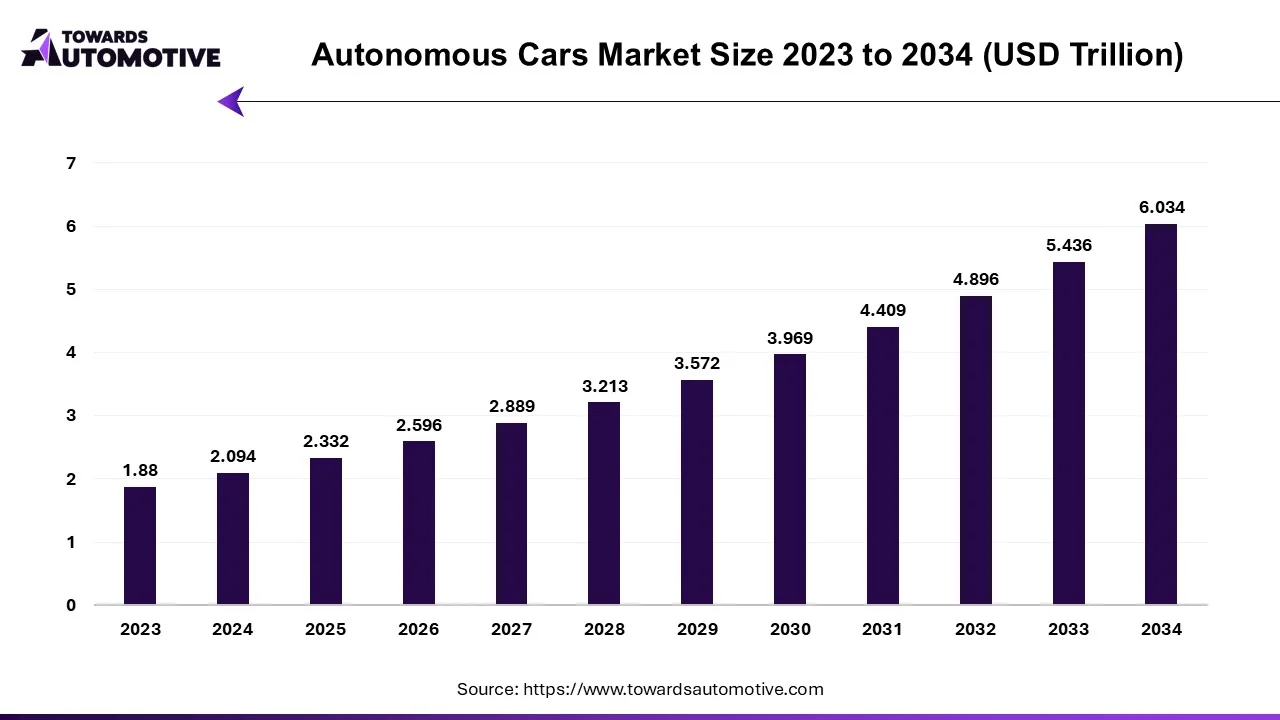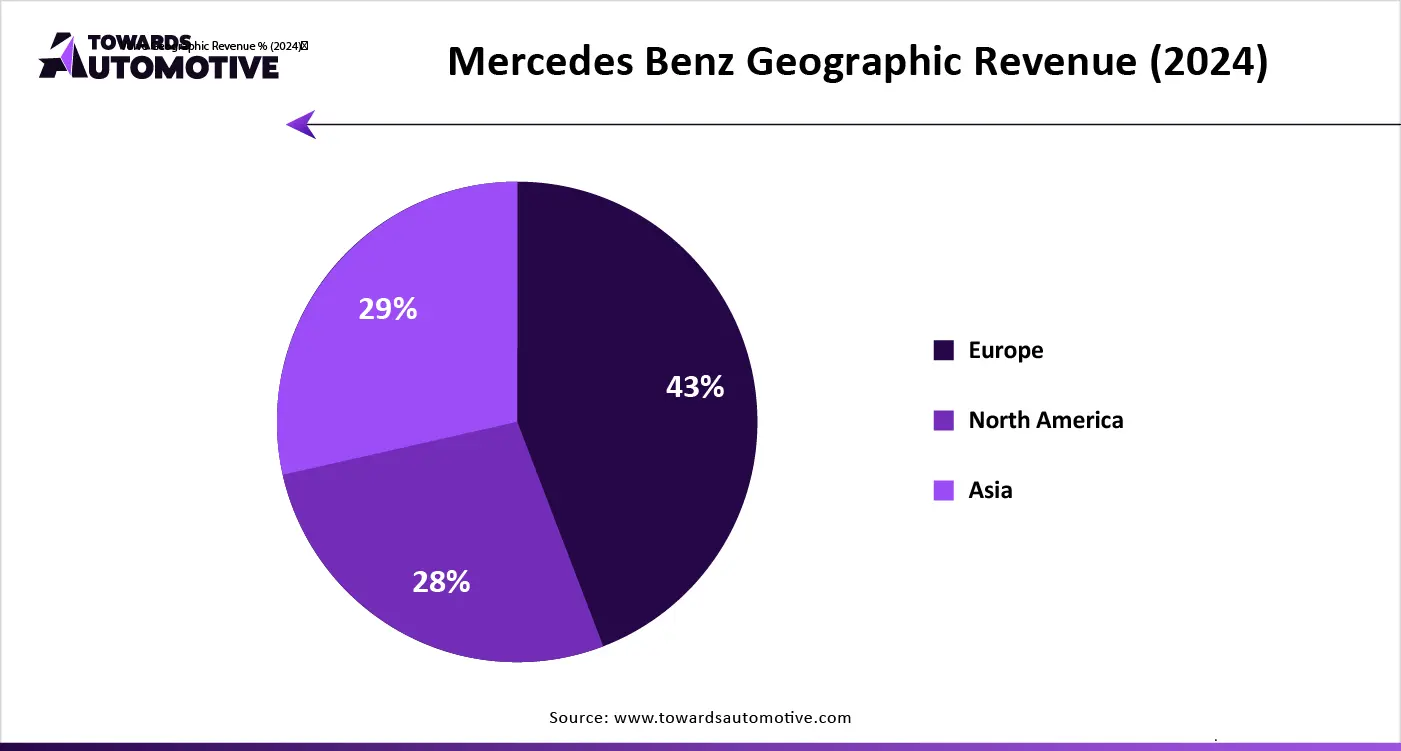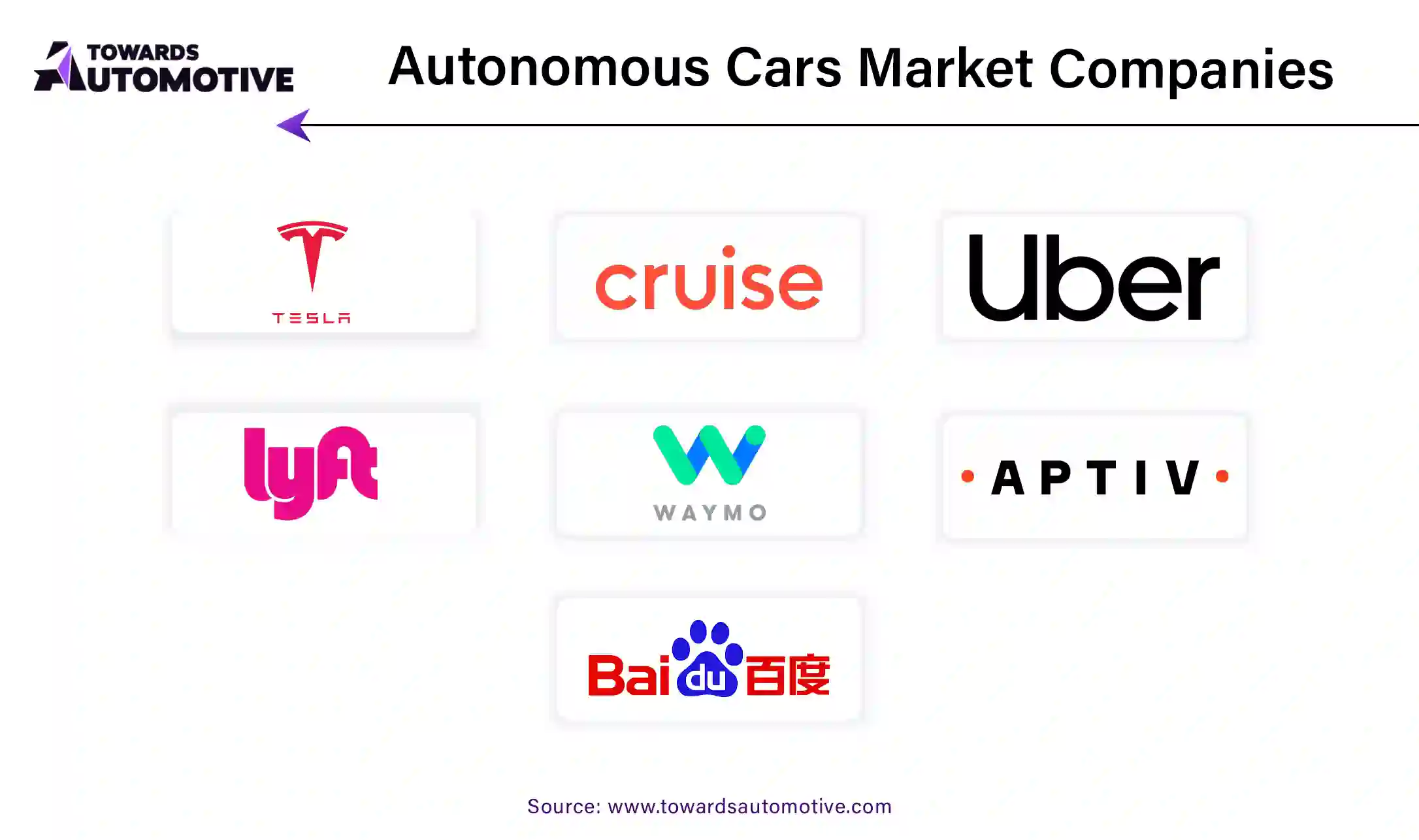October 2025
The autonomous cars market is projected to reach USD 6.034 trillion by 2034, expanding from USD 2,332 trillion in 2025, at an annual growth rate of 11.39% during the forecast period from 2025 to 2034.
The growing adoption of driverless vehicles by fleet operators coupled with technological advancements in the automotive sector is playing a vital role in shaping the industrial landscape. Moreover, the scarcity of drivers in developed nations along with numerous government initiatives related to mandating autonomous driving to enhance safety has boosted the market growth. The advancements in 5G technology as well as increasing focus on developing robotaxis is expected to create ample growth opportunities for the market players in the upcoming days.

The autonomous cars market is a prominent branch of the automotive industry. This industry deals in manufacturing and distribution of autonomous vehicles in different parts of the world. These vehicles comes with different level of autonomy including level 1, level 2, level 3 and level 4. It is powered by various types of fuel consisting of ICE, electric and hybrid. The end-users of these cars consist of personal users and shared mobility. This market is expected to rise significantly with the growth of the ADAS industry around the globe.
| Metric | Details |
| Market Size in 2025 | USD 2,332 Trillion |
| Projected Market Size in 2034 | USD 6.034 Trillion |
| CAGR (2025 - 2034) | 11.39% |
| Leading Region | North America |
| Market Segmentation | By Autonomy, By Fuel, By End Use and By Region |
| Top Key Players | Baidu, BMW, Ford Motor, General Motors, Hyundai Motor |
The major trends in this market consists of partnerships, technological advancements and popularity of ride-hailing services.
The level 1 segment dominated the market. The growing demand for affordable vehicles embedded with autonomous driving capabilities for helping drivers during tough situations has boosted the market expansion. Also, the integration of adaptive cruise control and driver assistance sensors in modern cars is expected to propel the growth of the autonomous cars market.
The level 2 segment is expected to grow with the highest CAGR during the forecast period. The rising popularity of level 2 autonomous vehicles in India and China has boosted the market growth. Additionally, the ability of these vehicles to perform steering operations and acceleration is expected to foster the growth of the autonomous cars market.
The ICE segment held the highest share of the market. The growing sales of petrol vehicles in several countries such as India, Germany, Canada and some others has boosted the market growth. Also, the rising popularity of ADAS-enabled SUVs in China and the U.S. is playing a vital role in shaping the industrial landscape. Moreover, the increasing demand for luxury vehicles from the HNIs is expected to propel the growth of the autonomous cars market.
The electric segment is expected to rise with the highest CAGR during the forecast period. The growing adoption of electric vehicles in several countries such as the U.S., China, Germany and some others has driven the market expansion. Additionally, numerous government initiatives aimed at developing the EV infrastructure coupled with technological advancements in EV powertrains is playing a vital role in shaping the industry in a positive direction. Moreover, partnerships among ADAS providers and EV companies to enhance autonomy in vehicles is expected to boost the growth of the autonomous cars market.
North America led the autonomous cars market. The growing demand for autonomous vehicles in the U.S. and Canada for reducing dependency on manual drivers has boosted the market expansion. Also, numerous government initiatives aimed at mandating ADAS in vehicles to enhance vehicular safety is playing a vital role in shaping the industrial landscape. Moreover, the presence of several market players such as Tesla, Rivian, General Motors and some others is expected to propel the growth of the autonomous cars market in this region.
Europe is expected to grow with a considerable CAGR during the forecast period. The rising sales of driverless cars in numerous countries such as Germany, UK, France, Italy and some others has driven the market growth. Also, rapid adoption of advanced technologies in the automotive sector coupled with growing investment by automotive brands for opening up new manufacturing plants is playing a vital role in shaping the industrial landscape. Moreover, the presence of various market players such as Volkswagen, Mercedes-Benz, BMW and some others is expected to boost the growth of the autonomous cars market in this region.
The autonomous cars market is a rapidly developing industry with the presence of several dominating players. Some of the prominent companies in this industry consists of Mercedes-Benz, Tesla, Toyota Motor, Baidu, BMW, Ford Motor, General Motors, Hyundai Motor, Volkswagen, Waymo and some others. These companies are constantly engaged in developing autonomous vehicles and adopting numerous strategies such as joint ventures, business expansions, partnerships, acquisitions, launches, collaborations and some others to maintain their dominance in this industry.


By Autonomy
By Fuel
By End Use
By Region
October 2025
October 2025
September 2025
August 2025
We offer automotive expertise for market projections and customizable research, adaptable to diverse strategic approaches.
Contact Us